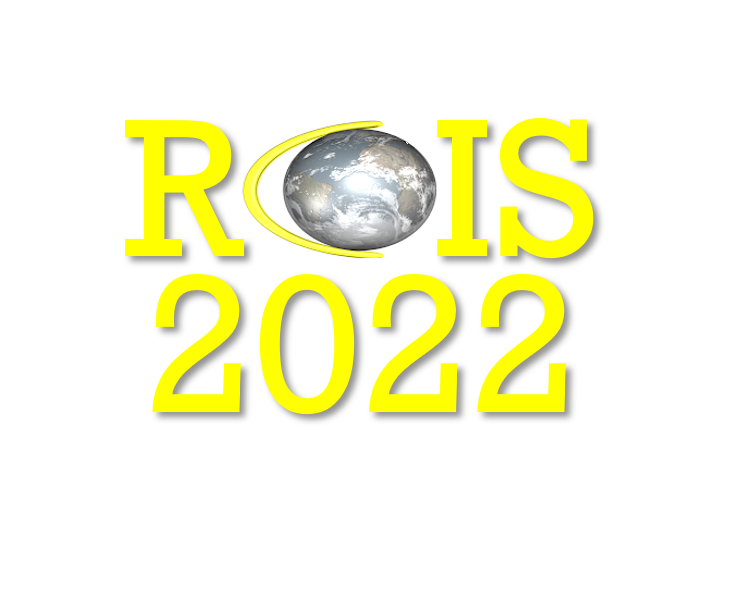
3rd International Workshop on Quality and Measurement of Software Model-Driven Development
In a Model-Driven Development (MDD) context, quality of conceptual models is of paramount importance since it
directly influences the quality of the final software systems. Therefore, techniques are necessary to evaluate
the conceptual models and predict relevant characteristics of the software products that will be generated.
Furthermore, the management of MDD projects has to be adapted to take into account that programming effort is
being replaced by a modelling effort at an earlier stage. Thus, measurement of models is necessary to properly
support the estimation of costs and management of MDD projects.
The main goal of QUAMES is to present methods, procedures, techniques, and tools that enable the measurement and
the evaluation of the quality of conceptual models that can be used in MDD environments.
Website: https://pros.webs.upv.es/sites/quames_2022
Organizers:
- Beatriz Marín, PROS reseach center (UPV)
- Giovanni Giachetti, Universidad Andrés Bello / Universidad Castilla - La Mancha
- Estefania Serral, LIRIS, KU Leuven
1st International Workshop on Cyber-Physical Social Systems for Sustainability: Challenges and Opportunities
The world is confronting numerous challenges that should be dealt with in the near future, such as tackling climate change and environmental degradation, producing affordable and clean energy, eliminating poverty, and ensuring education, health and social protection to all. Cyber-Physical Systems (CPS) can play a relevant role to address social, environmental, economic and governance sustainability. Regarding social sustainability, it is impera-tive to identify early development approaches for CPS systems that promote strong and fair communities, such as social and health equity, community development, human rights and social justice. These human and social characteristics and interac-tion that are brought into the CPS due to the human-centric computation shift to the Cyber-Physical Social System (CPSS), which is the target of our workshop.
Website: https://sites.google.com/view/cpss4sus2022/home
Organizers:
- Isabel Sofia Brito, Polytechnic Institute of Beja Beja, Portugal
- Nelly Condori-Fernandez, Universidad de Coruña, A Coruña, Spain
- Leticia Duboc, La Salle – Ramon Llull University, Barcelona, Spain
1st Workshop on Ethical, Social and Environmental Accounting of Conferences: the case of RCIS 2022
ESEA4RCIS is is a community-based, participatory workshop! Instead of asking you to write a paper, submit it to us, get it accepted, and present it in the workshop, we will do research together and we will co-author a paper. In the workshop, Information Science researchers and practitioners (typically, but not exclusively members of the RCIS community) will jointly assess the performance of RCIS 2022 on ethical, social and environmental topics. Such practice is referred to as as ethical, social and environmental accounting (ESEA), and the result is often a sustainability report. During the workshop, all participants will jointly (i) reflect on the ethical, social and environmental topics that are relevant for our community, (ii) we will discuss preliminary results, (iii) collect additional data, (iv) process the data to compute indicators, (v) reflect on the outcomes, and (vi) start writing a paper to report on the experience and results. Of course, it is not the actual result of the accounting what is the most important, but the process of obtaining those results and the community-building effort of jointly tackling the subsequent improvement actions. Together, we will contribute to a more ethical, more socially inclusive, and environmentally friendly scientific community. Join us!
Website: https://esea4rcis.sites.uu.nl
Organizers:
- Sergio España, Utrecht University, the Netherlands
- Vijanti Ramautar, Utrecht University, the Netherlands
- Quang Tan Le, Utrecht University, the Netherlands



